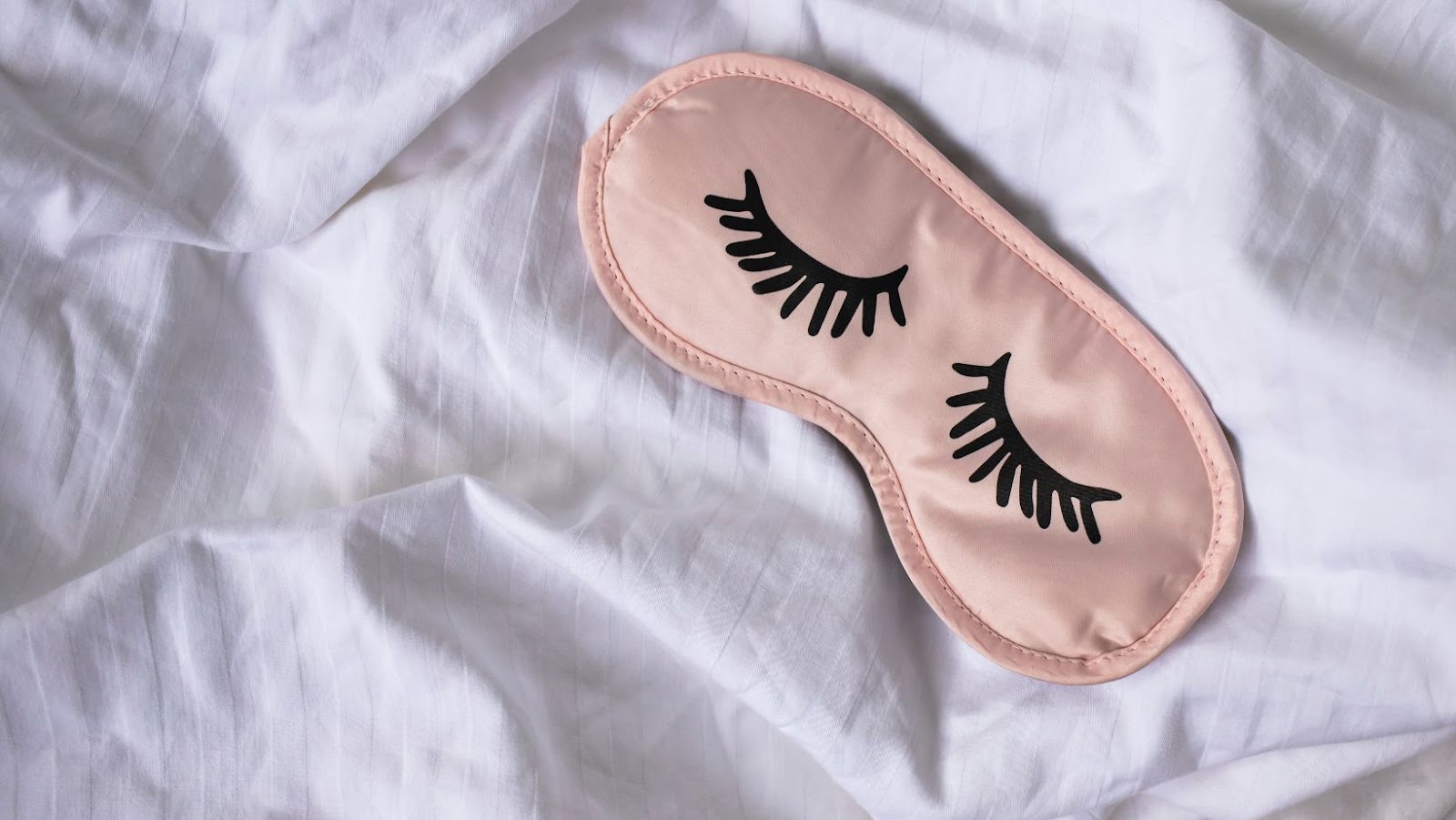
Sleep apnea is a sleep disorder that affects the ability of your airway to close fully during sleep. It can cause snoring, pauses in breathing, high blood pressure, and heart problems. The effects of sleep apnea are quite significant and lead to some serious health consequences.
How Sleep Apnea Affects Your Health
Sleep apnea is a sleep disorder in which someone’s breathing becomes slow or stops for several seconds at a time. It can be severe and can cause health problems like high blood pressure, heart disease, stroke, and diabetes.
There are many ways to manage sleep apnea. One way is to visit a sleep clinic services center that provides information on sleep disorders and treatments. Sleep clinics can help you find the best way to manage your sleep apnea and improve your quality of life.
The Dangers of Sleep Apnea
There are a number of dangers that can come with sleep apnea, including heart disease, stroke, diabetes, and high blood pressure. Here are five ways to manage your sleep better to avoid these health problems:
1. Get a good night’s sleep on a regular schedule.
If you’re not getting enough sleep each night, it’ll be hard to get the rest you need to stay healthy. Make sure to get at least seven hours of sleep each night. If you can’t seem to fall asleep or stay asleep, try going to bed and waking up at the same time every day for a week. That will help your body learn how to adjust its natural rhythm more easily.
2. Avoid alcohol and caffeine before bed.
Both alcohol and caffeine dehydrate you, which can make it harder to fall asleep. Drink plenty of water before bedtime and limit yourself to one cup of coffee or tea per day.
3. Use an air purifier in your bedroom if you have allergies or asthma.
If you have trouble sleeping because of environmental allergens such as dust mites or pets, use an air purifier in your bedroom at night. Studies have shown that people with severe allergies are three times more likely to suffer from obstructive sleep apnea than those without allergy symptoms. Check with your doctor before using an air purifier in your bedroom if you have any other health conditions.

Ways to Manage Your Sleep Better
There are many ways to manage your sleep better and improve your overall health. Follow these tips to get a better night’s sleep:
- Get a good night’s sleep on a regular basis: Make sure to get enough sleep each night to help you feel refreshed and alert the next day. Try to go to bed and wake up at the same time each day, even on weekends.
- Use of natural sleeping spray: Natural essential oils sleeping spray are known to ease stress and anxiety, which can help to create a night of more restful sleep. When sprayed in the air, the smell of the natural oils can help to relax the body and mind, allowing for a peaceful and restful sleep.
- Set realistic goals for sleep: Don’t expect yourself to fall asleep within minutes of lying down; allow yourself time to relax before bed. Once you’ve established some reasonable goals for getting adequate rest, it’ll be easier to stay committed.
- Avoid distractions before bedtime: Keep electronics and other activities out of your bedroom before bedtime. This will help you wind down before bed and get more restful sleep.
- Practice stress management techniques: Managing stress can impact your ability to relax and fall asleep. Practice relaxation exercises or meditation before bedtime to help calm your mind and increase your chances of getting a good night’s sleep.
The Importance of Sleeping Enough
Too little sleep can actually have a number of negative effects on your health, including an increased risk for obesity, heart disease, diabetes, and even cancer. Here are three ways to get the sleep you need to stay healthy:
1. Stick to a regular bedtime routine.
A consistent bedtime schedule is key for getting good sleep. Limiting caffeine and alcohol intake before bed, turning off screens an hour before sleep, and avoiding working or studying in bed are all good habits to adopt.
2. Get a quality pillow.
Consider investing in a quality pillow, which can help improve your sleeping habits by decreasing neck pain and snoring. Make sure the pillow is firm enough so it doesn’t cause you discomfort when you move around in bed but also soft enough so that you don’t wake up with headaches the next morning.
3. Use noise-canceling headphones or earplugs when necessary.
If you find it difficult to fall asleep because of noise pollution outside your home, consider using noise-canceling headphones or earplugs when necessary. This will help block out environmental noises that may be disrupting your sleep pattern.

Foods That Can Help You Sleep Better
There are foods that can help you sleep better, and these foods have been known to improve the quality of your sleep. Some of these foods include:
- Caffeine: Caffeine is a stimulant and has been shown to increase heart rate and blood pressure. However, it also has effects on sleep. Caffeine stimulates the nervous system and can keep you awake. If you want to drink coffee before bed, try not to have more than two cups per day.
- Green Tea: Green tea is a natural relaxant and has been shown to improve overall sleeping patterns. It contains caffeine but not as much as coffee. Drinking green tea before bed can help you fall asleep faster and stay asleep longer.
- Sleepy Time Tea: Sleepy Time Tea is made with chamomile, lavender, lemon balm, hops, and honey which all work together to promote a good night’s sleep. This tea contains no caffeine, so it is safe for people who cannot drink coffee or green tea before bedtime.
Conclusion
It is no secret that poor sleep can have a negative impact on your health and well-being. The Sleep Apnea Effect outlines the many ways in which sleep apnea can damage your body and offers advice on how to manage it. If you are experiencing any of the following symptoms, it may be time to seek help: snoring, fatigue, high blood pressure, heart disease risk factors, weight gain/loss, or depression. By taking these steps to improve your sleep habits, you can start to reverse the Sleep Apnea Effect and begin to see improvements in your overall health.























